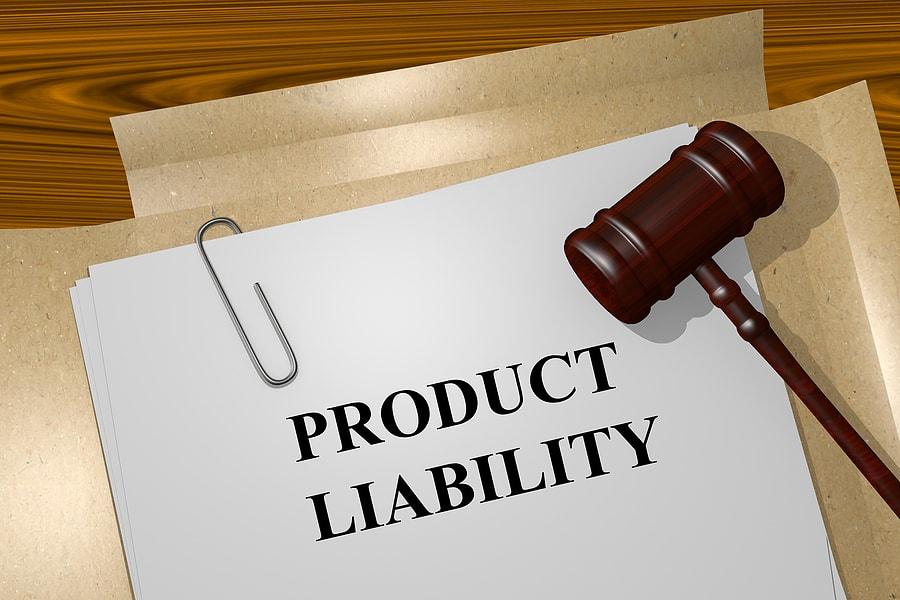A List of Motor Vehicle Defects That Can Lead to Product Liability Cases

With its busy streets and many neighborhoods, Philadelphia sees thousands of cars pass through its streets every day. With such high traffic volumes, the safety and reliability of motor vehicles are crucial for both residents and commuters.
Unfortunately, not all cars on Philadelphia’s roads are free from defects, and when issues arise, accidents can occur, resulting in injuries, property damage, and complex legal battles. In these situations, a Philadelphia auto product liability lawyer can help individuals understand their legal rights and pursue justice when harmed by defective vehicles.
Anyone affected by such incidents must understand the types of defects that commonly lead to litigation. Let’s look at some of them.
1. Design Defects
Design defects occur when a vehicle or its components are inherently unsafe, even if manufactured correctly. These flaws in the product’s blueprint affect every unit produced.
In Philadelphia, cases have involved vehicles prone to rolling over due to a high center of gravity, such as certain SUVs.
Other design-related issues include fuel systems susceptible to leaks or fires upon impact and braking systems that fail to provide adequate stopping power under normal conditions.
2. Manufacturing Defects
Manufacturing defects arise during production, resulting in a product that deviates from its intended design. These defects may affect a single vehicle or a batch of cars.
Examples include improperly installed airbags, faulty seatbelt mechanisms, and tires prone to blowouts due to substandard materials or assembly errors.
Even a minor deviation during manufacturing can have catastrophic results, particularly in high-speed or emergency situations.
3. Failure to Warn or Inadequate Instructions
Manufacturers must provide clear warnings and instructions on the proper use of their vehicles and components, as well as potential risks. Failure to warn claims often arise when a manufacturer fails to adequately inform consumers about known hazards, such as the risk of rollover in certain vehicles or the dangers associated with using specific child restraint systems.
Inadequate warnings can leave users unaware of how to avoid injury, making the manufacturer liable for damages.
4. Common Defective Vehicle Components
- Airbags: When an airbag is defective, it may not deploy, deploy unexpectedly, or deploy with excessive force, which can cause serious injuries.
- Brakes: Faulty brake systems can cause vehicle instability, increasing the risk of collisions.
- Tires: Tires with manufacturing defects may experience tread separation or blowouts, especially at high speeds.
- Seatbelts: Malfunctioning seatbelts may not restrain occupants properly during a crash.
- Steering Systems: Defective steering components can result in loss of control, which is hazardous on busy Philadelphia roads.
- Fuel Systems: Poorly designed or manufactured fuel systems can cause leaks, which can lead to fires after collisions.
Wrap Up
Motor vehicle defects pose a significant risk to drivers, passengers, and pedestrians, especially in a high-traffic city like Philadelphia. Design flaws, manufacturing errors, and inadequate warnings can all lead to dangerous situations and serious injuries.
Victims can hold manufacturers accountable through product liability claims when these issues result in harm. A skilled auto product liability attorney can provide you with the support and guidance you need to pursue justice and recover damages.
Taking legal action not only helps injured individuals but also encourages higher safety standards across the automotive industry.



